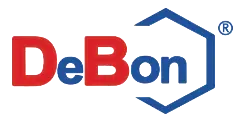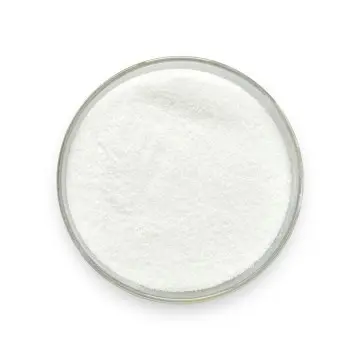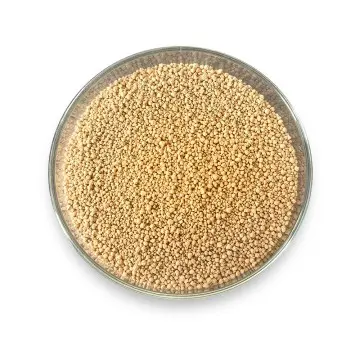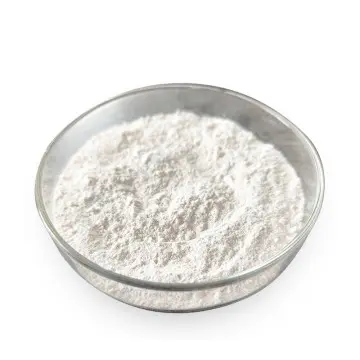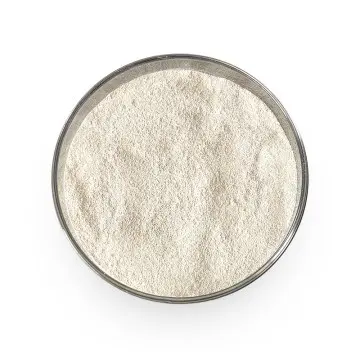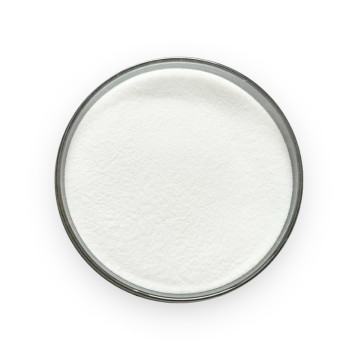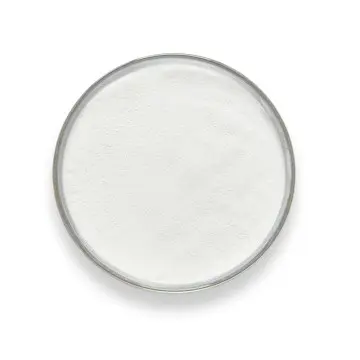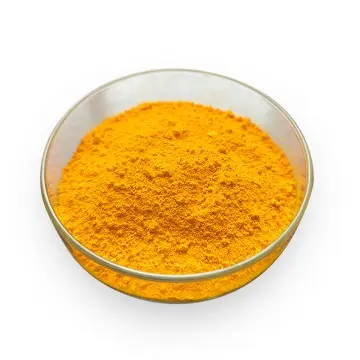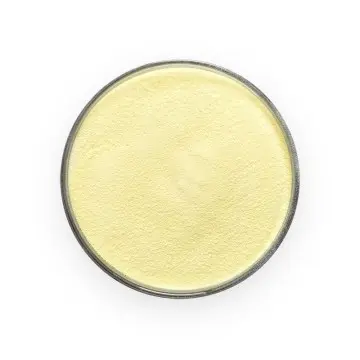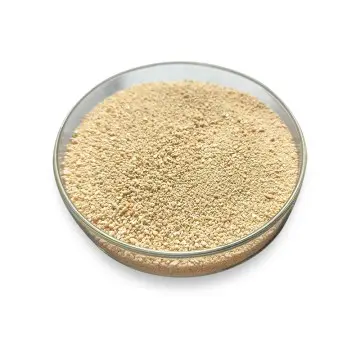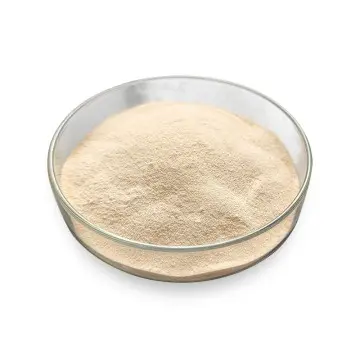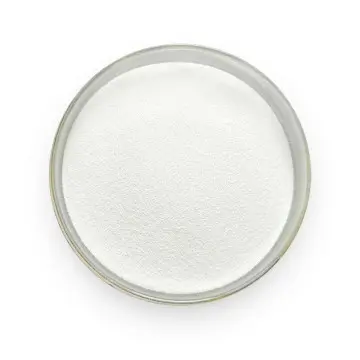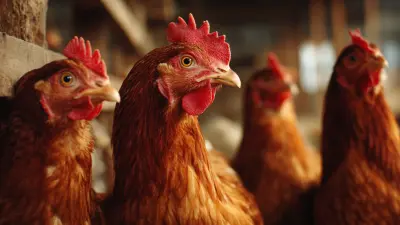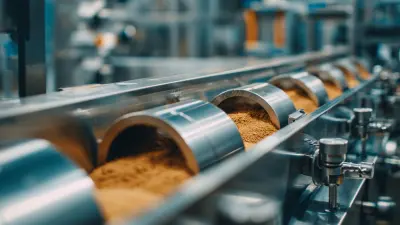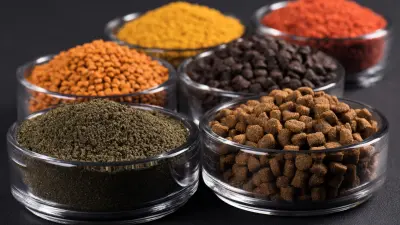Organic Iron vs Inorganic Iron: Key Insights for Manufacturing and Product Selection
As a manufacturer of both organic and inorganic iron supplements, we appreciate the significance of selecting the right type of iron for your production needs. Organic iron is often favored for its high bioavailability, which enhances absorption in the body. In contrast, inorganic iron offers stability and cost-effectiveness for various applications. At Hunan DeBon Bio-Tech Co., Ltd., we offer an extensive selection of Inorganic Minerals, featuring multiple forms of inorganic iron. Our competitively priced product list meets the unique demands of your business. With a commitment to timely delivery and high-quality standards, we enable you to provide the best options for your customers.How To Source Organic Iron Vs Inorganic Iron Your End-to-End Solution Guarantees Peak Performance
In the quest for enhancing agricultural productivity and ensuring optimal health in livestock, choosing the right iron source is critical. Organic iron, derived from natural compounds, often exhibits higher bioavailability, meaning it is more easily absorbed by plants and animals. This increases nutrient efficiency and supports healthier growth. On the other hand, inorganic iron, typically in simpler chemical forms, can be more cost-effective and stable, making it a popular choice in various formulations. However, it may not provide the same level of absorption, potentially leading to inefficiencies. An end-to-end solution for sourcing either type of iron involves a comprehensive understanding of both the advantages and challenges associated with each form. By leveraging advanced R&D and application techniques, suppliers can tailor formulations to meet specific agricultural requirements while optimizing performance. The selection process should consider factors such as soil type, crop needs, and livestock nutritional goals to determine the most effective iron source that guarantees peak performance. Collaborative partnerships with stakeholders are crucial in navigating this complexity, ensuring that every step from sourcing to application aligns with agricultural best practices and sustainability goals.
How To Source Organic Iron Vs Inorganic Iron
| Type of Iron | Source | Bioavailability | Common Uses | Environmental Impact |
|---|---|---|---|---|
| Organic Iron | Plant-based sources | High | Nutritional supplements, iron-fortified foods | Lower than inorganic, sustainable practices |
| Inorganic Iron | Mineral deposits | Moderate | Industrial applications, some supplements | Higher, potential ecosystem disruption |
| Iron Picolinate | Synthetic compound | Very High | Dietary supplements | Minimal |
| Ferrous Sulfate | Industrial by-product | Low to Moderate | Iron supplements | Higher, may cause soil contamination |
Discovering Organic Iron Vs Inorganic Iron Manufacturers You Can Rely On Factory
A
Anthony Johnson
Quality is top-notch, and the team is dedicated to ensuring customer satisfaction. Highly recommend!
12 May 2025
J
Jackson Perez
The quality of the product is extraordinary. The support staff was incredibly helpful, making the experience seamless.
11 June 2025
E
Ella Hill
I loved this product! The quality is impressive and the service was friendly and knowledgeable.
06 July 2025
M
Madison Watson
Incredible quality and the support team was very helpful with my queries. Highly recommend!
22 June 2025
W
Willow Morgan
Truly exceptional product quality! The service staff was professional and very helpful.
19 May 2025
R
Rohan Cooper
Wonderful experience! The quality of this item is fantastic and customer service was on point.
16 June 2025
